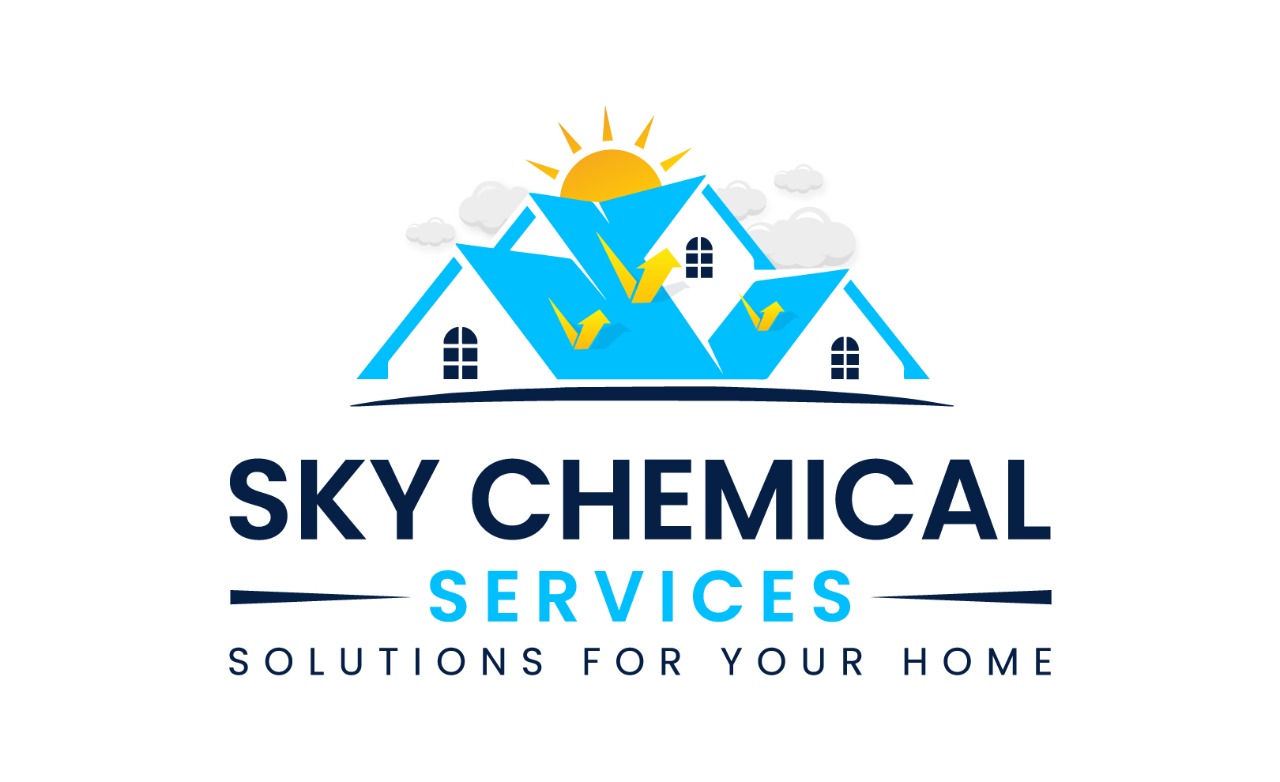Conserving assets with proper maintenance is essential. That’s why businesses and homeowners opt for reliable firms to cater to their needs. Protect your structures with effective waterproofing chemicals. Various industries like construction, agriculture, and manufacturing rely on stringent processes and methods for completion of tasks, such as fumigating spaces, waterproofing surfaces and tanks, and more.
Regarding tank waterproofing, the primary goal is to prevent the leakage or seepage of liquids, such as water or chemicals. To achieve it, different chemicals and materials are used to create a durable and impermeable barrier.
Read More
Which Waterproofing is Best for Roofs?
What is the Best Waterproofing for Concrete?
Remedial Waterproofing
Cementitious Waterproofing Compounds
Cementitious waterproofing compounds are common chemicals used to fix leaks and holes in structures, such as tanks. These compounds are composed of Portland cement, aggregates, and various additives. When mixed with water and applied to the tank’s surface, they form a thick, rigid layer that adheres to the substrate. Additionally, they provide excellent adhesion to concrete and masonry surfaces.
Bituminous Coatings
Bituminous coatings are referred to as asphalt coatings, another popular choice for tank waterproofing. These coatings are made from bitumen, a sticky and viscous substance derived from crude oil. Recognized for their water-resistant properties, bitumen layering is applied to various tank surfaces, including concrete and metal. They form a thick, flexible, and durable layer that seals the tank against water penetration. Bituminous coatings are often used in below-ground tanks and pipelines.
Polyurethane Coatings
Polyurethane coatings are synthetic compounds known for their exceptional resistance to water and chemicals. These liquid coatings form a tough, flexible, and seamless membrane on the tank’s surface. Polyurethane coatings are highly resistant to UV rays, making them suitable for both interior and exterior tank waterproofing applications. They are also known for their longevity and ability to withstand harsh environmental conditions.
Epoxy Coatings
Epoxy coatings are a versatile choice for tank waterproofing. These coatings consist of epoxy resins and curing agents that, when mixed, create a strong and chemically resistant barrier. Epoxy coatings are used in tanks that store corrosive chemicals; they provide excellent protection against chemical corrosion, sealing cracks, and preventing water infiltration.
Read More
How to Find Professional Construction Chemical Services in Pakistan?
How Construction Chemical Services in Karachi Helps in Your Project?
List of Popular Water Leakage Solutions in Karachi
Acrylic Waterproofing Compounds
Acrylic waterproofing compounds are water-based products used for tank waterproofing. These coatings provide a breathable yet waterproof membrane on the tank’s surface. Acrylic compounds offer good UV resistance. Moreover, they can be tinted to make them suitable for better use. Acrylic coatings are renowned for their flexibility, allowing them to withstand minor movements in the tank structure.
Silicone Waterproofing Compounds
Silicone waterproofing compounds are known for their superior elasticity and weather resistance. They create a durable and flexible membrane on the tank’s surface that can accommodate structural movements without losing integrity. Silicone waterproofing compounds are used in tanks located in regions with extreme temperature fluctuations. In addition, they maintain effectiveness in hot and cold conditions.
Polymer-modified Cementitious Coatings
Polymer-modified cementitious coatings offer benefits of cementitious and polymer-based waterproofing. These coatings contain acrylic or latex, components that enhance flexibility, adhesion, and water resistance. They are suitable for a wide range of tank substrates.
Bottom Line
Tank waterproofing is a crucial step in ensuring the longevity and performance of tanks used in various industries. The choice of chemicals and materials for waterproofing depends on factors such as the tank’s location, the substances it stores, and the environmental conditions it will be exposed to. Whether it’s cementitious compounds, bituminous coatings, polyurethane, epoxy, acrylic, silicone, or polymer-modified cementitious coatings, each chemical has its unique properties and advantages, making them suitable for specific tank waterproofing applications. Properly applied waterproofing solutions play a vital role in preventing leaks, protecting stored materials, and preserving the structural integrity of tanks.
Contact Sky Chemical Services, a reliable firm in Karachi, Pakistan for an appointment today!
